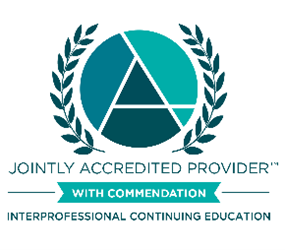How Clinicians Can Better Advocate for Themselves and Their Patients: Clinician Autonomy in This Changing Healthcare Era - June 18, 2024
Focused on policy changes in health care regarding non-competes, consolidation that have affected clinician autonomy. Emphasize strategies led by clinicians that could help shift autonomy back to clinician and better care centered on clinician: patient relationship.
Target Audience
BMCHS Medical-Dental Staff (MDS)
Learning Objectives
At the end of this session learners will be able to:
- Better understand how changing care landscape and policy has affected clinician autonomy.
- Review research on methods that have been utilized successfully or unsuccessfully to enable clinicians to have more impact on policy and ultimately better care for their patients.
Faculty
Professor Barak D. Richman
Duke University School of Law Katherine T. Bartlett Distinguished Professor of Law; Professor of BA; He has a J.D. from Harvard Law School and a PhD from the University of California, Berkeley
SPECIALTIES: Institutional Economics, Health Law & Policy, Behavioral Economics & Health Policy, Economics of Contracts, Competition & Regulation Policy. He has testified before Congress regarding competition policy and hospital consolidation, and he coauthored the American Antitrust Institute’s whitepapers on healthcare competition policy.
 In support of improving patient care, Boston University Chobanian & Avedisian School of Medicine is jointly accredited by the Accreditation Council for Continuing Medical Education (ACCME), the Accreditation Council for Pharmacy Education (ACPE), and the American Nurses Credentialing Center (ANCC), to provide continuing education for the healthcare team.
In support of improving patient care, Boston University Chobanian & Avedisian School of Medicine is jointly accredited by the Accreditation Council for Continuing Medical Education (ACCME), the Accreditation Council for Pharmacy Education (ACPE), and the American Nurses Credentialing Center (ANCC), to provide continuing education for the healthcare team.
Physicians
Boston University Chobanian & Avedisian School of Medicine designates this live activity for a maximum of 1.0 AMA PRA Category 1 Credit™. Physicians should claim only the credit commensurate with the extent of their participation in the activity.
Available Credit
- 1.00 AMA PRA Category 1 Credit™
Boston University Chobanian & Avedisian School of Medicine designates this Enduring activity for a maximum of 1.00 AMA PRA Category 1 Credit™. Physicians should claim only the credit commensurate with the extent of their participation in the activity.
- 1.00 Participation

 Facebook
Facebook X
X LinkedIn
LinkedIn Forward
Forward